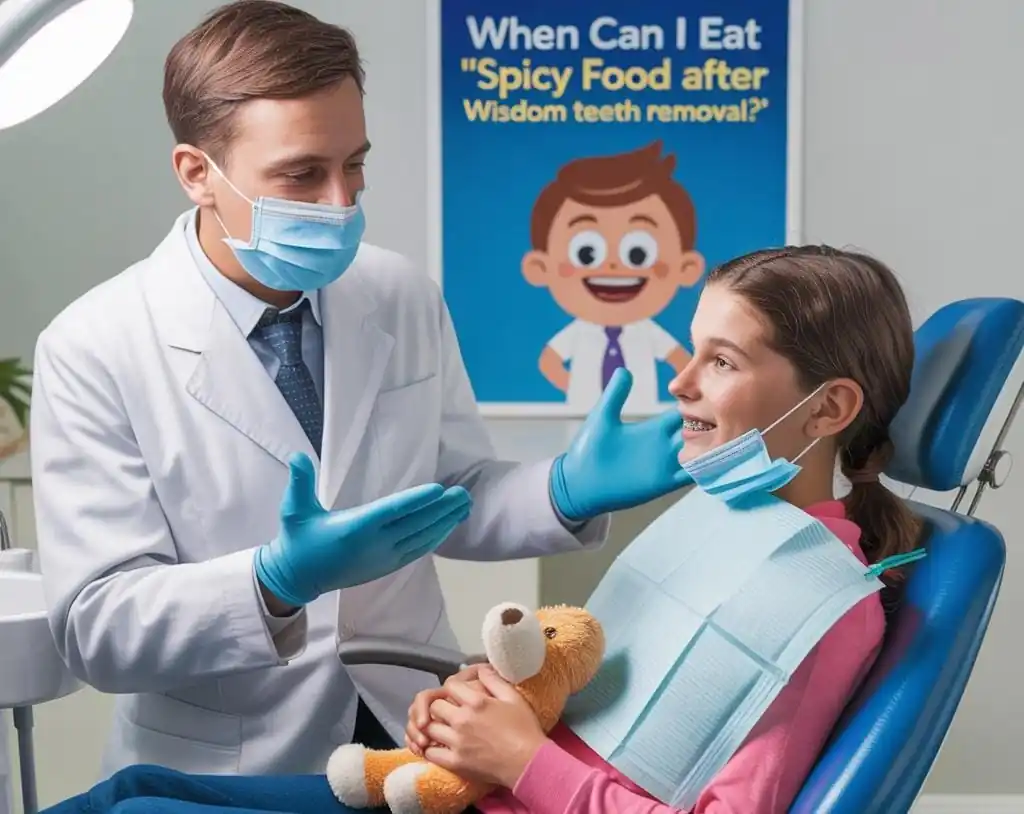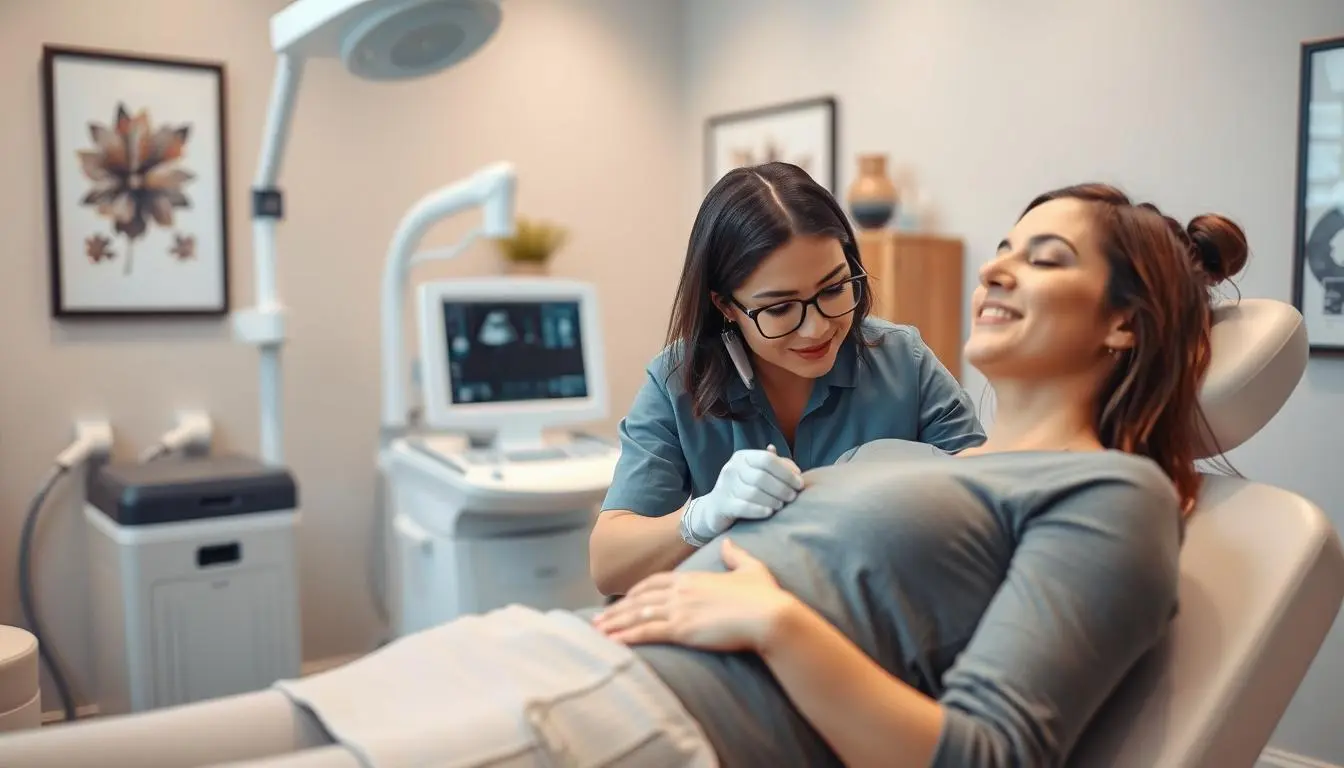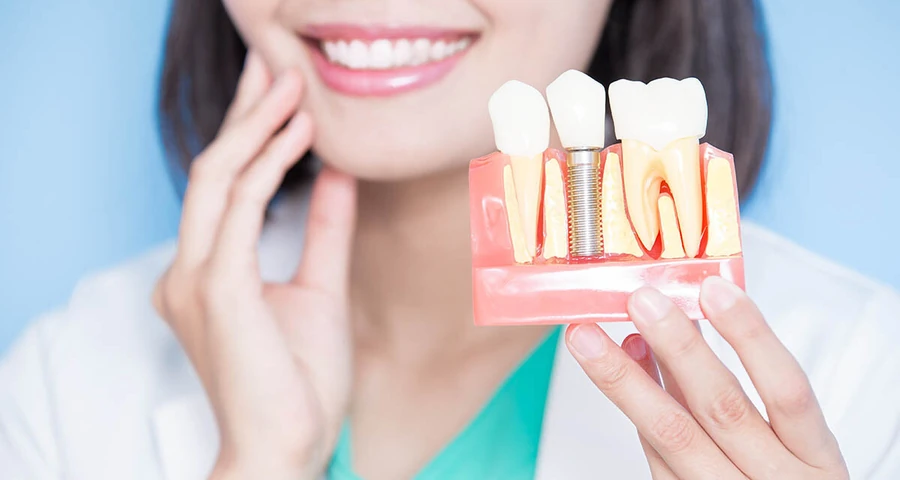Wisdom teeth removal is usually a simple procedure. However, healing after the surgery needs special care. The area where the teeth were taken out is sensitive. It needs attention to avoid irritation, complications, or infections. One common question people have is, “When can I eat spicy food after wisdom teeth removal?” Changing what you eat during recovery is very important.
It helps you heal smoothly. Understanding how to safely introduce your favorite spicy dishes again will let you enjoy regular meals without hurting your oral health.
Key Takeaways
- After wisdom teeth removal, your recovery timeline plays a crucial role in determining when to reintroduce spicy meals into your diet.
- Allow the blood clot to form on the extraction site to avoid complications like dry socket, swelling, or infections.
- Stick to a liquid or soft food diet for 7 days post-surgery and progressively add mildly spiced foods based on your comfort level.
- Monitor your healing progress carefully; signs of discomfort or inflammation mean you should delay consuming potent spices.
- Following dentist’s instructions ensures proper healing tissue development and reduces risks tied to early spice reintroduction.
Understanding the Healing Process After Wisdom Teeth Removal

Recovering after a wisdom tooth extraction is a step-by-step journey that starts right after the surgery. The healing process begins with a blood clot forming at the extraction site. This clot protects the underlying bone and nerves from irritants.
As time goes by, tissues grow in where the tooth was taken out. The surgical area becomes stronger. However, this healing progress can be slow. Disruptions, like eating the wrong foods, can make recovery time longer. Taking things slow helps reduce risks and supports proper healing.
Key stages of recovery post-surgery
Recovering after wisdom teeth removal happens in stages. On the first day, a blood clot forms at the tooth extraction site. This clot protects the bone and nerve endings. It acts as a protective barrier while the area starts to heal.
In two to three days, the tissue growth supports the clot. This helps in the healing process. However, this time is delicate. Coarse or hot food can disturb your healing progress. It’s important to practice good oral hygiene and eat only soft foods to protect the surgical area.
About one to four weeks after surgery, a new stage starts. The bone around the extraction site begins to reshape and strengthen. You might feel ready to eat a wider variety of foods. This final phase can be exciting, but remember, patience is important. This helps avoid any setbacks and ensures better healing overall.
Factors affecting healing times
Recovery time after wisdom teeth removal is different for everyone. Many factors can affect how quickly you heal. For example, age can play a role. Younger people often heal faster than older adults.
Your overall health also matters. If you have health issues like diabetes or a weak immune system, your healing might take longer. The type of extraction surgery you have can also change the timeline. If your tooth was impacted, it might take more time to recover. Getting personalized advice from your dentist can help you avoid problems during recovery.
Your choices also matter. Maintaining good oral hygiene and staying away from things like tobacco and alcohol can help you heal well and on time. By understanding these factors, you can set realistic expectations and adjust your post-operative care. Keeping track of your healing milestones will help you return to a regular diet safely.
Guidelines for Eating After Wisdom Teeth Extraction
Caring for your diet is very important for recovery after wisdom teeth removal. In the first few days, focus on eating liquid and soft foods. This helps to protect the area where surgery was done. Foods like mashed potatoes, yoghurt, and soups will help you feel better while keeping the blood clot safe.
As you start to heal, you can slowly add semi-soft and then solid foods into your diet. But avoid foods that are hot, crunchy, or sticky. They can damage the clot or make your gums angry. If you follow these food guidelines, it will help with proper healing and keep complications away.
Immediate post-op dietary advice
After getting your wisdom tooth extraction, it’s important to eat the right foods. Stick to soft foods and liquids to help your sensitive mouth. Good options are yoghurt, mashed potatoes, and warm soups. These are safe and gentle for your gums.
It’s also very important to stay hydrated. Drink lots of water and avoid straws. Using straws can dislodge the blood clot, which is important for healing. Try not to drink caffeinated or fizzy beverages since they can irritate your mouth.
Keeping good oral hygiene is key too. After eating soft foods, rinse your mouth gently with saltwater. Don’t swish it too hard, as this can harm the extraction area. Watching what you eat can help your tissue heal faster and reduce the risk of infection in the surgical site.
Transitioning to solid foods
A slow change from soft foods to solid foods is very important for a safe recovery after wisdom tooth removal. By day three, you can start eating mashed vegetables, well-cooked pasta, and scrambled eggs. Be careful and chew gently so you don’t hurt the extraction site.
By day four, the swelling and discomfort should be less. You can try soft chicken or tender pulled pork. Keep the food textures soft and don’t shove food particles into the healing area. Pay attention to your body, and stop if you feel discomfort.
By day five, most people should feel ready for solid foods, like a small piece of soft bread, as long as there is no pain or sensitivity left. Don’t forget to stay hydrated, check that the clot is stable, and be aware of any signs of irritation or complications.
Reintroducing Spicy Foods into Your Diet

Adding spicy flavors back to your meals after wisdom teeth removal is possible, but timing is important. Spices can irritate the surgical site, so you need to be patient. Start adding them back during the later stages of recovery when the area isn’t sensitive anymore.
Be careful and begin with mild spices before trying stronger ones. Pay attention to how your body reacts to avoid disrupting proper healing tissue. Bringing back spicy meals needs to be balanced with your oral health recovery.
Ideal time to reintroduce spicy foods
Knowing when to add spicy food back into your recovery diet depends on how well you are healing. Most dental experts suggest waiting at least one week before trying out mild spices. In the early days after surgery, it’s important to protect the extraction area from irritation caused by spicy ingredients.
However, everyone’s recovery is different. Some people can start eating spices again after one week, while others may feel pain or mild swelling for a longer time. Keep an eye on your symptoms when getting back to your normal diet. If you feel any discomfort, it’s best to wait before trying spicy foods.
Once the swelling goes down and your gums look better, you can start trying small amounts of spice. Taking it slow is better than jumping straight into spicy meals. Make sure you have regular check-ups with your oral surgeon to make sure it’s okay to proceed.
How to safely add spice levels
To add spiciness to your meals safely while recovering, it’s important to be careful. Start with soft foods that are lightly seasoned, like vegetable puree with a bit of pepper. Each day, you can slowly add more spice. This way, you lower the risks from high heat levels.
Pay attention to how you feel. If you notice irritation when you try spicy foods at first, wait before trying again. Mild spices, like paprika or cinnamon, are good to use as you move back to stronger flavors and your favorite spicy dishes.
By taking it slow and keeping oral hygiene in mind, you can avoid issues like inflammation, discomfort, or slow healing. With some patience, you can enjoy spicy food again without any problems.
Indicators You’re Not Ready for Spicy Food

Understanding warning signs can help you avoid eating spicy meals too soon after tooth extraction. If you feel pain or discomfort when eating, it means your healing gums still need more time. Swelling around the surgical site is another sign of ongoing inflammation.
Read More: Bump on Roof of Mouth: Causes & When to See a Doctor
If you have sensitivity near the extraction area or see that the healing tissue is not developing fully, it’s best to wait on spicy foods. Keep an eye on these symptoms while sticking to the professional timeline. This will help ensure a smooth recovery and avoid complications.
Common symptoms to watch for
Your body often shows you when healing is slow by causing discomfort. Ongoing gum pain after surgery means you should avoid spicy foods. If you feel irritation or tingling, it suggests that your extraction site is still sensitive.
Swelling, whether you can see it or not, also shows that the tissue around the area has not fully healed. Look closely at extraction sites for signs like redness or exposed nerves, as these may indicate delays. Don’t eat spicy meals when you notice these healing issues.
Signs of slow healing mean you need to choose alternative soft foods and drink plenty of water. Regular dentist visits can also help prevent any further issues.
Potential complications from premature spicy food consumption
Eating spicy meals too soon after wisdom teeth removal can lead to dry socket symptoms. Spices that contain capsicum can disturb blood clots and leave nerve endings exposed, which causes severe pain.
The issues get worse when raw spices bother the healing tissue. You might notice swelling, heat around your gums, or even a longer recovery time.
If you ignore symptoms from eating spices early, food debris can infect the extraction sites where clots have been disturbed. This can lead to fevers or discharge, showing the need for advanced care. Sticking to the right recovery timeline helps avoid these problems completely.
Conclusion
It’s important to know when to add spicy food back into your meals after wisdom teeth removal. Following the healing stages and sticking to dietary guidelines will help you safely move from a soft diet to tasty options. Pay attention to how your body feels. If you feel discomfort or any complications, it’s best to wait longer before eating spicy foods.
Patience is very important during this period. If you have any doubts about your recovery or questions about what to eat after surgery, consult your dentist for personalized advice. Take care of yourself, and enjoy your meals when you are fully healed!
Frequently Asked Questions
1. Can I eat spicy chips a week after extraction?
Eating spicy chips one week after your wisdom teeth extraction is usually not a good idea. Your gums might still be sensitive. Spicy foods can lead to irritation or discomfort. It’s better to eat soft and bland foods until you heal fully. This helps to avoid complications.
2. How long until you can eat spicy food after wisdom teeth?
After having your wisdom teeth removed, it is best to wait about 7-10 days before eating spicy food. This helps with proper healing and reduces irritation. Always talk to your dentist for personalized advice based on your recovery progress.
3. How long after surgery can you eat spicy food?
After getting your wisdom teeth removed, it’s a good idea to wait about 1 to 2 weeks before eating spicy foods. This gives your gums time to heal, which helps lessen irritation or discomfort. Always check with your dentist for personalized advice that fits your recovery progress.
4. Can I eat hot cheetos 5 days after wisdom teeth removal?
Eating Hot Cheetos five days after wisdom teeth removal is not a good idea. The spicy and crunchy texture can hurt your healing gums and lead to discomfort. It is better to eat soft and bland foods until your dentist gives you the go-ahead.
5. When can I start eating acidic food after wisdom teeth removal?
After you have your wisdom teeth removed, it’s best to wait for at least 1-2 weeks before eating acidic foods. This will allow your gums to heal and help prevent irritation. Always talk to your dentist for specific advice based on how your recovery progress is going.
6. How Long Should You Wait Before Eating Spicy Foods?
After having your wisdom teeth removed, you should wait about one to two weeks before eating spicy foods again. This gives your gums time to heal and helps to lower the chance of irritation or discomfort while you recover. Always talk to your dentist for personalized advice.
7. How long should I wait before eating spicy food after wisdom teeth removal?
After wisdom teeth removal, it is best to wait about 1 to 2 weeks before eating spicy food. This time helps the swelling and sensitivity go down. It also lowers the chance of irritation or discomfort in your healing gums. Always talk to your dentist for personalized advice.
8. What types of foods should I avoid in the initial recovery period post-surgery?
After getting your wisdom teeth removed, take care during the recovery time. It’s best to stay away from hard, crunchy, spicy, and acidic foods. These types of food can bother the surgical site and slow down healing. Instead, go for soft and bland foods. Good choices include yogurt, mashed potatoes, and smoothies. This will help make your recovery smoother.
9. Are there any specific symptoms to watch for if I eat spicy food too soon?
If you eat spicy food too soon after wisdom teeth removal, be careful. Look for signs like more pain, swelling, redness, or bleeding where the teeth were taken out. Nausea or trouble swallowing could also show there is irritation. If these symptoms get worse, it is a good idea to see your dentist.
10. What types of foods are recommended during the recovery period post-surgery?
After your surgery, try to eat soft and nutritious foods. Good choices are mashed potatoes, yogurt, smoothies, and applesauce. These foods can help reduce discomfort and provide the nutrients you need to heal. Stay away from crunchy or hard foods as they might hurt the surgical site.



